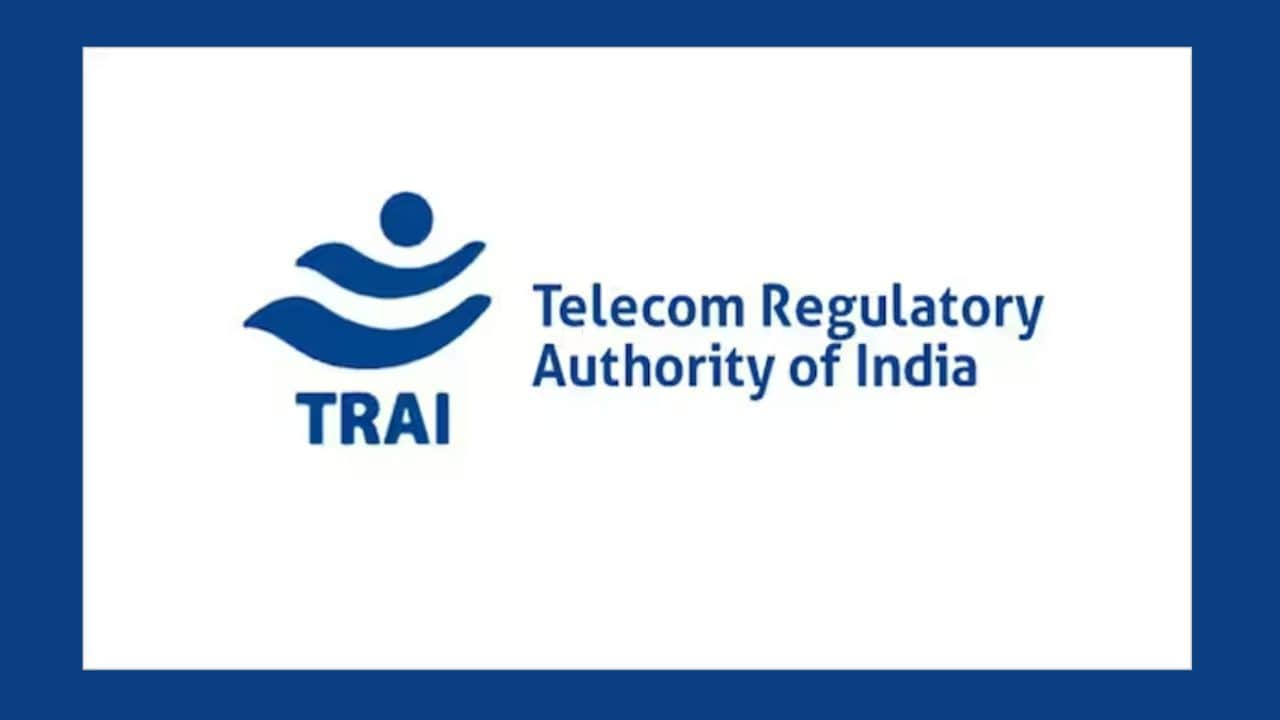During an open house discussion on December 17 regarding the TRAI’s consultation paper on the Terms and Conditions of Network Authorisations to be Granted Under the Telecommunications Act, 2023, major industry stakeholders have opposed the mandatory registration or licensing of content delivery networks (CDNs).
CDN is a network of servers that speeds up the delivery of web content to users by storing copies of content on servers closer to the user. CDNs are an essential part of modern internet infrastructure and are used by many major websites, including Facebook, Netflix, and Amazon
Telecom Regulatory Authority of India’s consultation seeks inputs on the terms and conditions for network authorisation for a range of services including CDNs.
Industry stakeholders, including Reliance Jio, Tata Communication, Motion Picture Association, and Internet and Mobile Association of India (IAMAI), believe mandatory regulation of CDNs or such measures would restrict innovation, investment and growth plans in this critical sector.
Present during the discussion were Anil Kumar Lahoti, Chairman, TRAI and Atul Kumar Chaudhary, Secretary, TRAI, amongst the telecom industry stakeholders and industry associations.
It is to be noted that TRAI had come out with recommendations seeking CDN regulation back in 2022, which suggested that CDN providers must ensure that interconnectivity between them and telcos does not affect the overall quality of service (QoS) of networks.
During the open house discussion, Uday Singh, Managing Director, Motion Picture Association (which represents Amazon Studios, Netflix, Paramount, Sony Pictures, Universal Studios, Walt Disney and Warner Brothers), said that CDNs facilitate seamless video delivery through features like content caching, video streaming, organization optimization, reduce latency, and load balancing distinction, distinguishing them from traditional telecommunications providers like ISPs.
India’s CDN growth aligns with the objectives of the National Digital Communications Policy 2018 and is aimed at simplifying regulations, encouraging investment, and fostering a digitally empowered economy.
The competitive and dynamic market in India has seen price reductions and technological advancements, with no evidence of market failure warranting government regulation, he highlighted.
“Free market-driven interconnection agreements between CDNs and ISPs are critical for sustaining this innovation…Mandatory registration or licensing of CDNs could delay service rollouts and other technological advancements, and compromise content delivery, speed and quality, and even global practices such as in Australia and South Korea.”
To support India’s vision for an open and inclusive internet, robust infrastructure and job creation, TRAI is urged to avoid imposing registration, licensing agreements or requirements on CDNs.
Such measures would restrict innovation, investment and growth plans in this critical sector, it was said.
Shahira Caffoor – Director (Policy and Research), Asia Video Industry Association (AVIA) emphasised that CDNs should remain outside the purview of registration as they are fundamentally different from telecom providers.
“CDNs are not telecom networks, and we propose that they should not be treated as such. In reality, they are auxiliary services that enhance the quality of service of existing telecom networks.”
“Another reason CDNs differ from telecom providers is because they require computing, storage and connectivity appliances depending on whether they build their own connectivity or not.” Also, given this absence of market failure, introducing regulations for CDNs will not only stifle CDN growth, but create barriers to entry, stakeholders added
It is to be noted that TRAI has recognised that India’s CDN market will witness a growth of over 700% between 2018 to 2027. This will refer to a growth from 435.2 million USD in the year 2018 to 2846.8 million USD by 2027.
“We therefore strongly urge that since there is neither market failure nor a regulatory need, CDN should be kept outside the scope of registration, and we should allow the market to take its course, which aligns with global practices,” Caffoor remarked.
Udai Kumar Srivastava, President, Reliance Jio, said “The authority, being a conscientious regulator should keep observing these operations for any signs of market failure, and if there is some such evidence, authority can always step in and do the needful.”
In unison with his peers, Munish Gaur, General Manager, Tata Communications, highlighted that CDN services lie in the application layer bracket and therefore should be treated similarly to the other application layer services like OTT services.
He recommended that there is no need for any licensing framework or any light-touch regulatory framework for these services.
However, he added, “…in case TRAI still wishes to recommend the licensing framework, we suggest that there should be only a simple registration for CDN”
Last month, Vodafone Idea (Vi) showed support for the TRAI recommendations and agreed with the CDN authorisation. The telco suggested that the regulator should mandate that large content providers and OTTs should set up CDNs under specific regulatory conditions, especially for regions where they have high user traffic.
However, both Vi and Airtel believe that the regulator should leave the commercial arrangements between telcos and CDNs to market forces.
